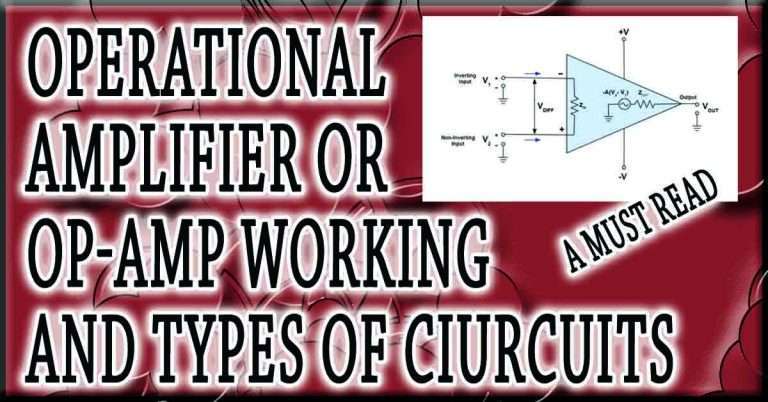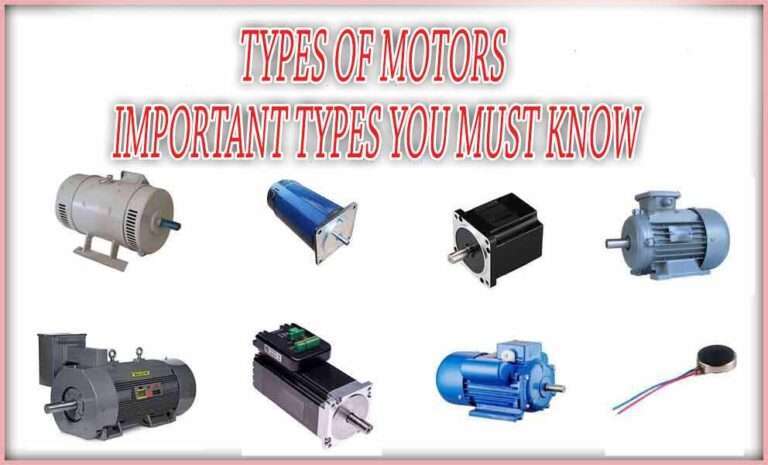ISO 17025 Clauses: What Every Laboratory Needs to Know
ISO 17025 clauses are the backbone of laboratory quality and competence. This international standard helps labs prove they produce valid results. It’s not just about accuracy. It’s about trust.

Accreditation to ISO 17025 shows a lab follows strict quality procedures. It also assures customers that the lab is competent. But what are the clauses in ISO 17025? What do they mean for your lab?
Let’s break it down.
Understanding ISO 17025 and IEC 17025
Before diving into the ISO 17025 clauses, it’s important to understand what ISO 17025 really is. ISO 17025 is an international standard. It applies to testing and calibration laboratories. It is officially known as IEC 17025 in some regions, as it’s jointly developed by the International Electrotechnical Commission and ISO.
This standard ensures that labs operate competently. It focuses on quality management and technical requirements. If your lab follows ISO 17025, it can deliver reliable and accurate results.
Why ISO 17025 Clauses Matter
Each of the ISO 17025 clauses outlines a specific requirement. These are not optional. They are mandatory for labs seeking accreditation.
They provide a structure. They cover every aspect of laboratory operation. This includes impartiality, confidentiality, equipment, competence, and reporting.
Compliance with these clauses ensures your lab performs consistently. It also helps build a reputation for trust and professionalism.
Breakdown of ISO 17025 Clauses
Let’s go over the main ISO 17025 clauses in the 2017 version, the latest edition.
Clause 4: General Requirements
This clause addresses impartiality and confidentiality. Labs must avoid conflicts of interest. Staff must be free from external pressure. Confidentiality of client information is key.
Without impartiality, test results can be questioned. This clause protects the integrity of the lab’s work.
Clause 5: Structural Requirements
Here, the focus is on organizational structure. Roles and responsibilities must be clear. The lab must be a legal entity. Staff should understand their authority and duties.
This clause ensures that labs are well-managed and structured. A solid foundation supports quality operations.
Clause 6: Resource Requirements
This clause covers all physical and human resources. Staff must be competent. Equipment must be suitable and calibrated. Facilities should be controlled.
Competence is a major theme in IEC 17025. Without proper resources, reliable testing is not possible.
Clause 7: Process Requirements
This is the core of technical operation. It includes: review of requests, selection and validation of methods, handling of test items, quality control, and reporting of results.
ISO 17025 clauses in this section are the most detailed. They make sure each lab process meets international standards.
Clause 8: Management System Requirements
This clause allows two options: a lab can follow ISO 9001 principles or implement a simple management system. It covers document control, nonconformities, internal audits, and management reviews.
This clause promotes continuous improvement. It ties all the other clauses together through a structured management system.
The Relationship Between ISO 17025 Clauses and IEC 17025 Accreditation
Many people use ISO 17025 and IEC 17025 interchangeably. That’s fine. IEC 17025 is just a regional variant of ISO 17025. The clauses are identical.
So, if your lab wants IEC 17025 accreditation, mastering these clauses is the first step. Accreditation bodies assess compliance based on these requirements.
Common Mistakes with ISO 17025 Clauses
Labs often rush into documentation. But without understanding the ISO 17025 clauses, documents won’t match actual practices.
Here are a few pitfalls: not assigning responsibility for impartiality, using outdated methods, skipping internal audits, and failing to train staff on procedures.
Understanding the clauses helps avoid these issues. It ensures your lab doesn’t just check boxes, but actually meets the spirit of the standard.
How to Implement ISO 17025 Clauses
Start with a gap analysis. Compare your current system with the ISO 17025 clauses.
Then, take these steps: train staff on clause requirements, document policies and procedures, calibrate equipment, set up internal audits, and review results with management.
Take it one clause at a time. Gradual improvement leads to long-term success.
Benefits of Following ISO 17025 Clauses
Following the ISO 17025 clauses has big benefits: increases customer confidence, improves test accuracy, boosts lab efficiency, helps meet regulatory and legal needs, and supports international recognition.
Plus, when a lab is accredited, it gains a competitive edge. Many clients now demand IEC 17025 compliance before awarding contracts.
Clause Integration with Other Standards
ISO 17025 fits well with other systems. For example, ISO 9001: Clause 8 aligns closely with ISO 9001’s quality system. IEC 17025: Regional labs benefit from global alignment. Environmental and safety standards can also be integrated.
Labs can streamline efforts by aligning multiple standards under a unified management system.
Future of ISO 17025 Clauses
The standard evolves. While ISO 17025:2017 is current, future versions may refine clauses further. Labs should stay updated and participate in reviews.
Digital transformation is also reshaping how labs manage compliance. Software now tracks clause adherence, audits, and performance in real-time.
Conclusion: ISO 17025 Clauses Are the Foundation of Laboratory Quality
Every lab aiming for success must understand and apply the ISO 17025 clauses. They provide structure. They ensure quality. They help build trust with customers and regulators alike.
Whether you’re aiming for ISO or IEC 17025 accreditation, mastering these clauses is essential. Start by reviewing each one. Train your team. Implement step-by-step. Your lab’s credibility depends on it.
Follow Us on Social:
Subscribe our Newsletter on Electrical Insights for latest updates from Electrical Engineering Hub
#ISO17025, #ISO17025Clauses, #LaboratoryAccreditation, #QualityManagement, #TestingAndCalibration, #ComplianceStandards, #ISOStandards, #IEC17025, #LabQualitySystem, #TechnicalRequirements, #AccreditedLab, #CalibrationStandards, #ISOCertification, #LabCompliance, #StandardOperatingProcedures


